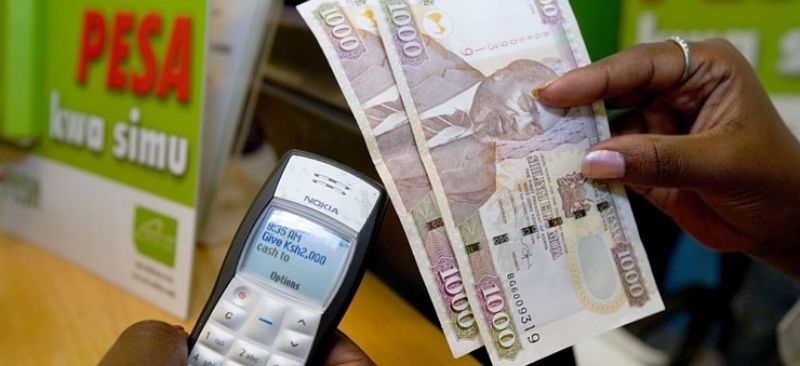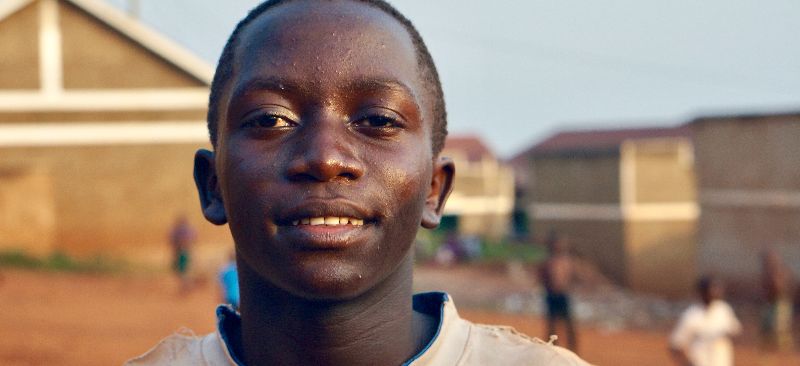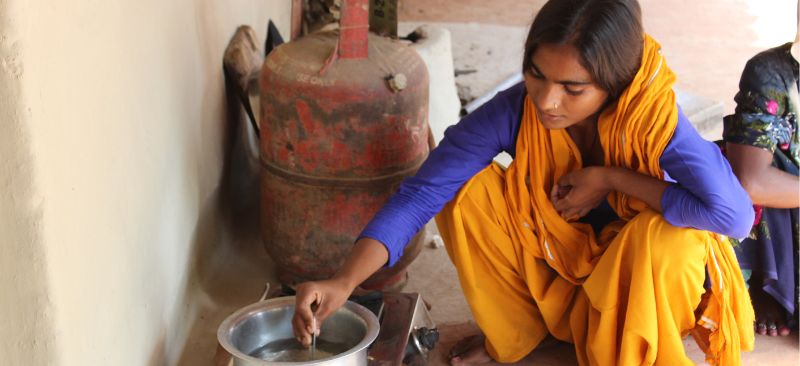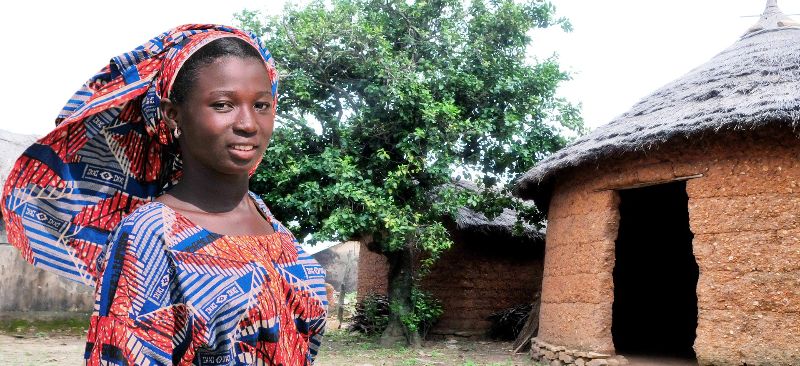
MSC helped HFC Bank in Kenya to roll out its digital transformation strategy for low- and middle-income customers. We conducted market segmentation, behavioral research and design, digital product proof of concept, and pilot testing. We also carried out a comprehensive digital readiness assessment to enhance HFC Bank’s insights into what the bank offered and the current gaps and opportunities that could be addressed through digital financial services.
Based on insights from the assessment, MSC developed a comprehensive business case that identified the approach, constraints, roadmap, and viable options to offer better inclusive digital banking services. We used insights from the research to make recommendations on HFC Bank’s digital roadmap. The roadmap prioritized the enhancement of HFC Bank’s digital product offering with a customer acquisition plan, unique selling propositions, as well as growth and retention strategies.
HFC’s digital strategy meant a re-focus of the financial services business from value to volume. In July, 2018, HFC launched its HF Whizz mobile application to offer a full suite of banking services for low- and middle-income segments.
By the end of September, 2018, the HF Whizz app had acquired over 100,000 new virtual accounts and mobilized over KES 100 million (USD 1 million) from them. HFC also disbursed over 15,000 loans on the app with a cumulative loan book of KES 58 million (USD 0.5 million). During this time, the app facilitated transactions worth KES 686 million (USD 6.8 million), which contributed to the non-funded income of KES 5.86 million (USD 58,000).

Financial Sector Deepening Trust (FSDT) wanted to encourage sustainable change among policymakers. FSDT contracted MSC to undertake a review of micro and small enterprise formalization requirements in Tanzania.
MSC produced a report that highlighted the key constraints to business formalization that young entrepreneurs in the country faced. The report included recommendations for improvement, best approaches to business formalization, best practices and lessons from other markets, and suggestions to develop the capacity of youth to enhance business formalization.
These reports anchored key changes in the business formalization processes and prompted the establishment of MSME formalization coordination committee spearheaded by Bank of Tanzania. The formalization committee has worked to simplify the processes to secure approval for the formalization of enterprises. It also relaxed the presumptive tax regime as a requirement for enterprise formalization in Tanzania.

MSC played a key role in the Uttar Pradesh Pro-Poor Tourism Development Project of the World Bank and the state government of Uttar Pradesh in India. This was a unique research where MSC covered multiple aspects—livelihood, tourism, gender, and youth.
MSC was tasked to identify and develop roadmaps for select creative industries in three regions of the state that have a large tourist footfall—Agra, Braj region, and the Buddhist Circuit. Under this project, a key task was to design a livelihood program for women artisans and developed a roadmap for the creative activities value chain. This involved assessing women’s livelihood activities that the tourism industry could promote.
The program has an impact on more than 3,000 women artisans in the state. At the time of writing, the second rollout and expansion phase was under development. The overall project amounted to USD 57 million and was funded by the World Bank Group.

The Government of India runs the largest food security program in the world. It covers about 850 million people with an annual budget of about USD 25 billion. Under this program, the government provides subsidized food grains to the beneficiaries through a network of fair price shops. Estimates indicate that about 40-50% of this benefit fails to reach the intended beneficiaries.
MSC worked with the Ministry of Consumer Affairs, Food and Public Distribution and the Chief Economic Adviser (CEA) to assess pilot-tests of different approaches to convert the existing food subsidies into Direct Benefit Transfer (DBT). The objectives of these pilots were to reduce leakage and to target real beneficiaries. This resulted in the adoption of the Biometric Authentication, Physical Uptake (BAPU) model for DBT and digitization of the Public Distribution System (PDS). This system has an impact on a large part of 850 million beneficiaries of this program.
MSC also helped the government to assess the readiness to conduct cash transfer pilot pilots at four places across India. After our recommendations, these pilots were designed and conducted at three places. MSC also helped evaluate the implementation of these pilots to improve processes and gauge perception of beneficiaries.

Given the growing focus around the world on refugees, MSC set-out to derive insights on refugee digital payments. We conducted secondary research on refugee initiatives in other countries, followed by research with two staff from Airtel Uganda. The Airtel research enabled us to assess Airtel’s level of support, to obtain insights on how the company works on Know Your Customer (KYC) issues and liquidity management related to refugee payments.
MSC conducted research with DanChurch Aid (DCA) to gather insights into their experience in supporting refugee payments. Our study of super-agents and money agents assessed their level of engagement, KYC requirements, and experience in supporting refugee payments. The MSC team conducted research with beneficiaries to understand their user experience. We conducted research with market vendors to understand their user-experience and the level and nature of support to refugee payments.
At the time of writing, Airtel Uganda was making a growing proportion of the payments to the 1.4 million-plus refugees in the camps in northern Uganda.

UNHCR Zambia had been providing cash assistance to refugees in the Meheba Refugee settlement camp through the Ministry of Community Development and Social Services (MCDSS) and Ministry of Home Affairs (MHA). This project designed and implemented the digitization of UNHCR’s cash-based interventions (CBI) in the camp.
UNHCR provides initial assistance to newly arrived refugees and continuous support to vulnerable refugees. However, UNHCR face challenges in delivering and refugees in receiving cash. The project investigated and addressed the challenges that stakeholders faced in cash disbursement through digitizing cash payments.
MSC collaborated to design and test the digitization of cash payments. These are now being scaled up with a view to digitizing the majority of payments to refugees in Zambia. Lessons from the project, in particular, the streamlined processes MSC developed for digital payments, are to be replicated in other sites where UNHCR has been digitizing payments.





